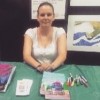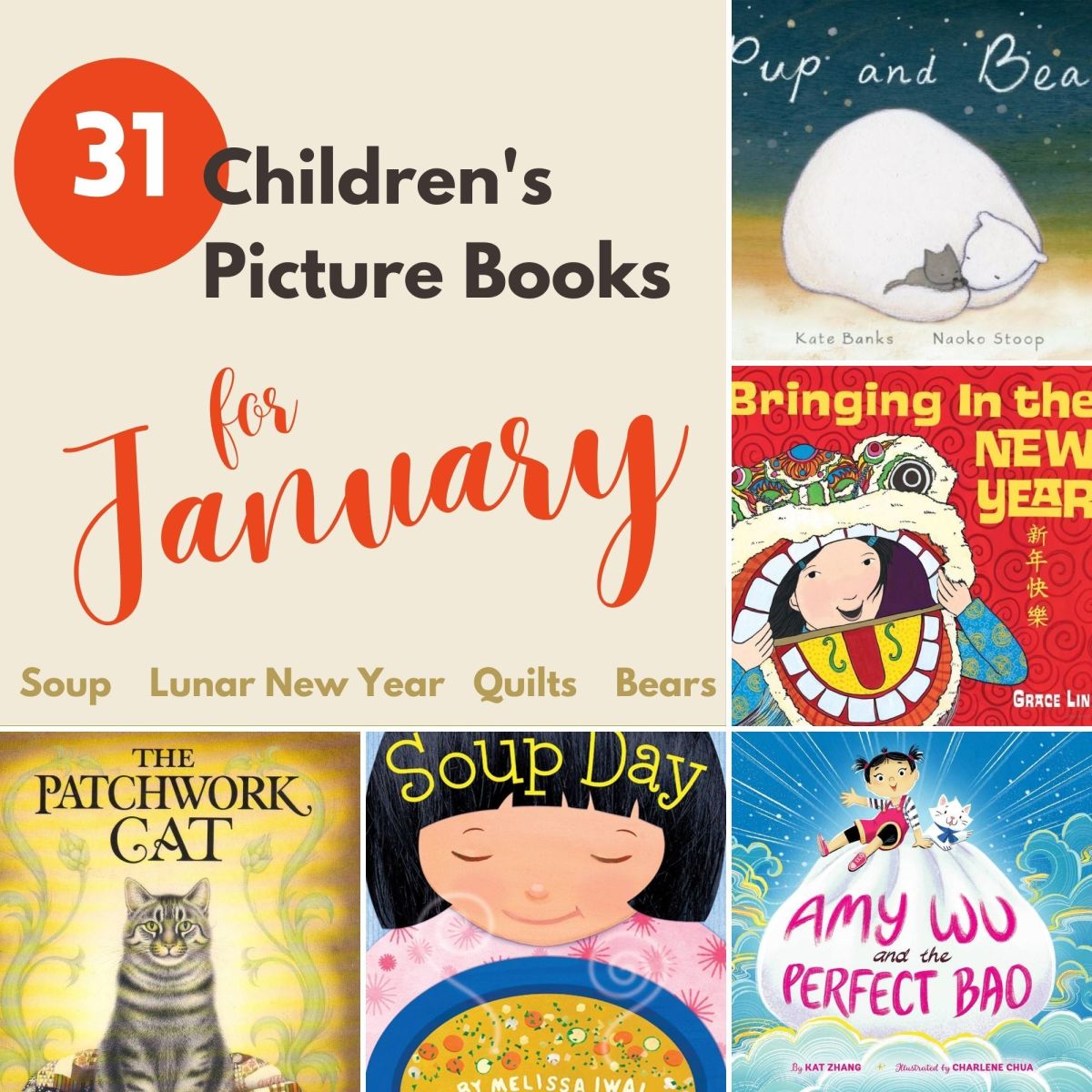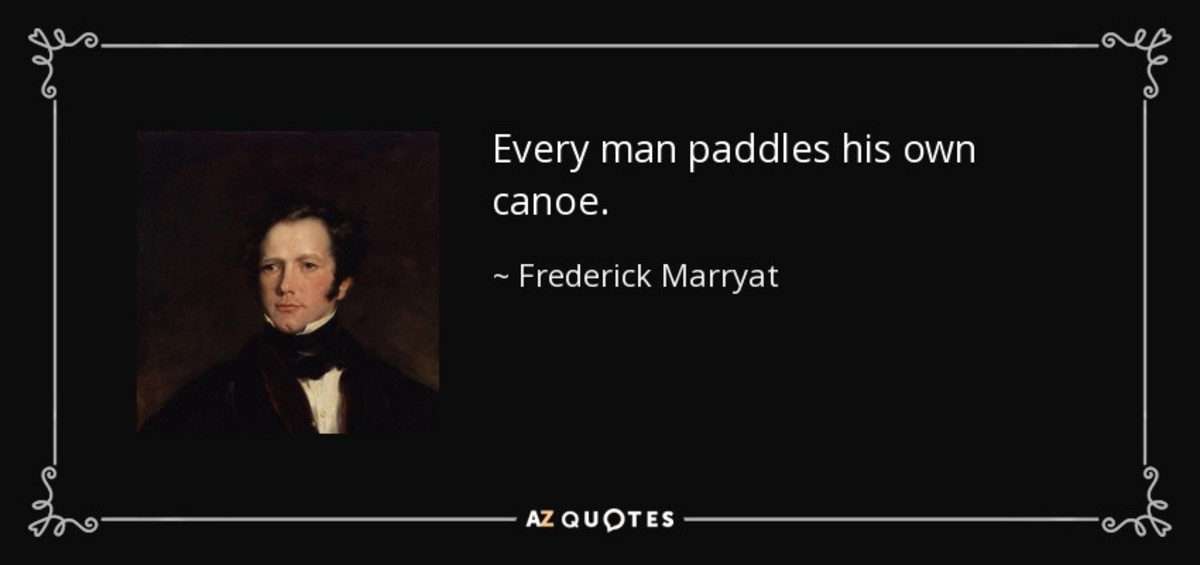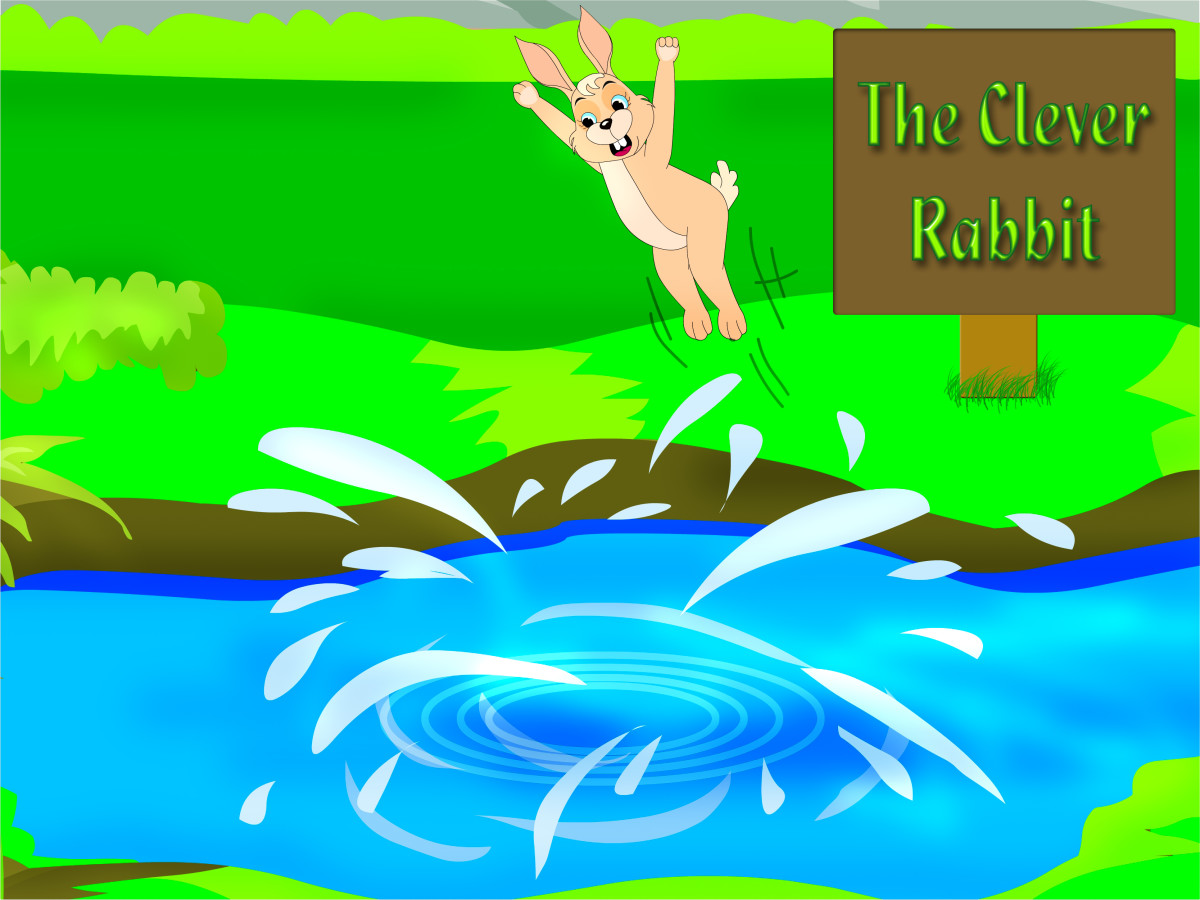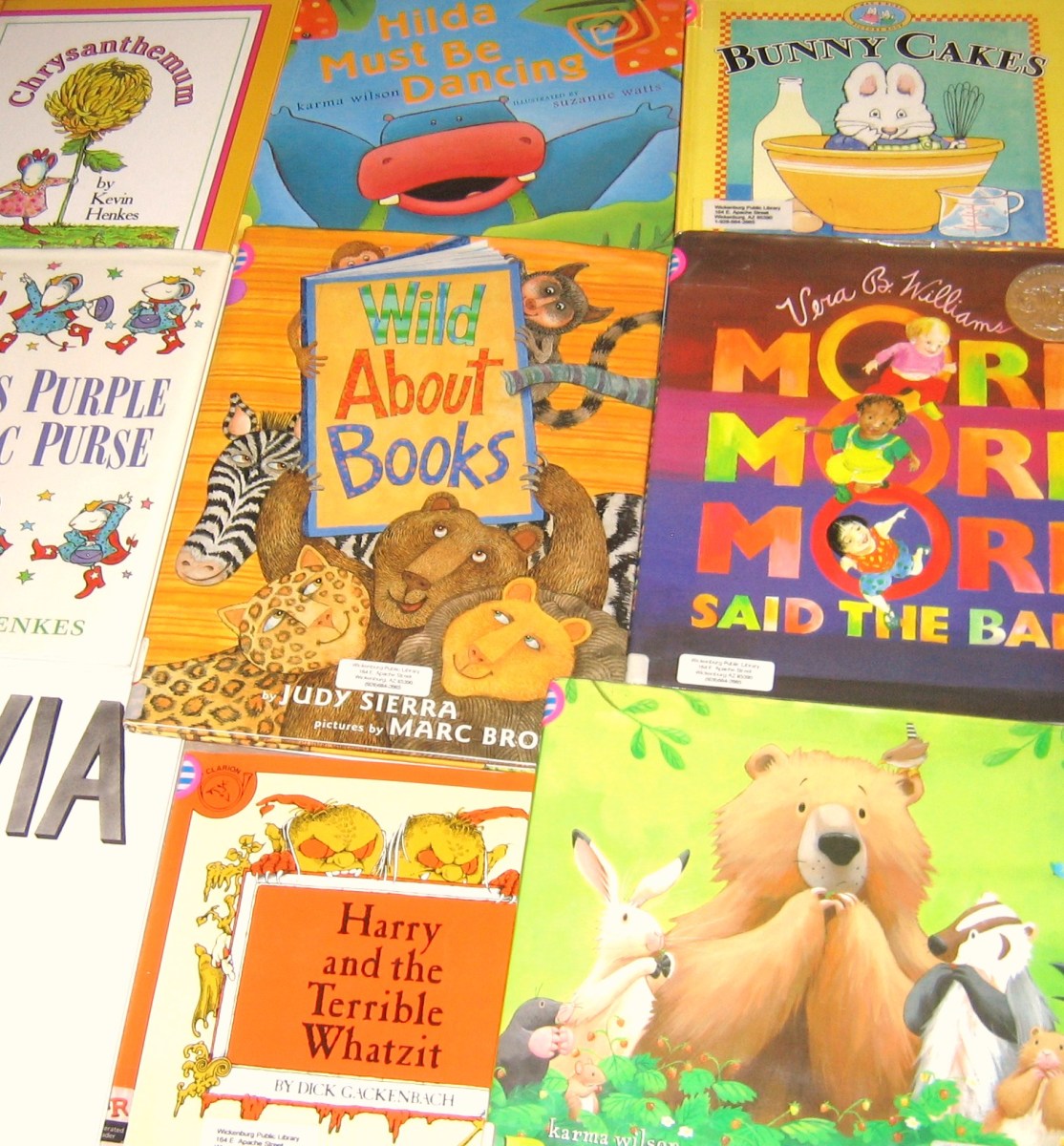Author Interview with Shawn St. Jean
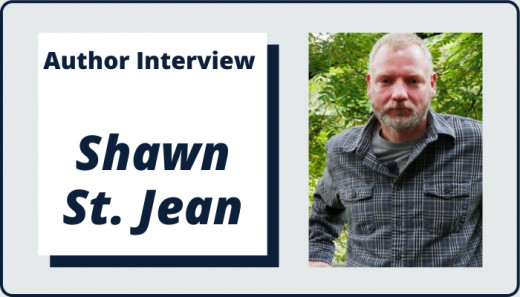
Shawn St. Jean
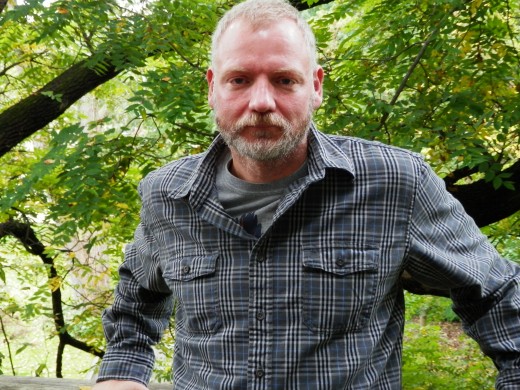
Introducing Shawn St. Jean
When you put your kids to bed for the night, and they ask for a story, it’s always nice to have an entertaining picture book on hand with a strong moral at its center. But what if the child had a hand in helping to create the book?
Author Shawn St. Jean has sought out to include his readers in finishing his new picture book for young readers by encouraging them to draw and color in the pages that he has provided. In this way, every copy is unique to its owner, inspiring them to really think about the story and how to capture its message in the color and illustrations. Below is my interview with St. Jean where he describes the motivations, processes, and results of his hard work via his book, Cranky Bear Wakes Up.
Cranky Bear Wakes up book cover
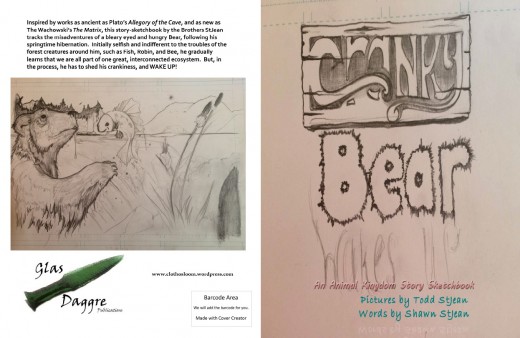
The Interview
1. What is your book about?
Cranky Bear is a fellow who lives by himself, he has no natural predators in the forest, and so he's naturally the center of his own universe. He's driven by his desires. So he doesn't care about anyone else's troubles. Until the day, of course, when he needs help, and the tables are turned on him. Only then does he learn. It's a book about empathy--which I thought would make great thematic material for children. Martin Luther King said famously that Americans are terrible at empathy-it's a kind of cultural "hole" in our perceptions, that we have everything to teach the rest of the world, and nothing to learn from it. So the book has an element of allegory. Put simply, we all need friends--and not just on days of personal crisis, but every day--especially the days when they need us.
It's also a "story-sketchbook," which means kids are encouraged to color and draw in it themselves (as the back cover clearly shows, I hope.) There's no more important attribute for a child to cultivate than an active imagination, I believe.
2. Who was this book written for?
I'd say it's for kids who want a good, old-fashioned bedtime story. Ages 3-8, or so. It's probably 30-40 minutes reading-aloud length, because there is an actual plot structure, and so it might be stretched over two evenings for them. It also gets fairly exciting in the second half, and there's an element of danger, so parents might want to give it a silent read-through, first. But there's certainly nothing as intense as the little ones will see and hear on TV, or in a PG-13 movie.
3. How long does it take you to write a book?
Well, it took ten years to write my novel, Clotho's Loom, though I taught full-time during most of them. Cranky Bear came considerably quicker--though it is about 15 pages, as opposed to 550. My brother, Todd, put many, many hours into the illustrations, and I think he did a great job. My second novel, The Girl Who Stares Back, is about halfway between the two, and should be published in 2018, after five years. Life does have a way of holding up one's art. But I don't think it really matters, as long as the end product is something you can stand behind and say, "In that time and place, this was the best I could do."
4. When and where can you be found writing?
I write in libraries and bookstores during the cold weather, and outdoors during the warm months. Though once I get going, it hardly matters. But I think atmosphere and ambiance ought to matter to a writer. Because one day the book will be gathering dust on a shelf, or nanobyte-dust in a computer drive. But I've found it's the writing, the act, that is one of the greatest parts of the experience: you're living your best life. Using that great computer between your ears, getting into and out of trouble along with your characters, learning and honing a craft that is currently down in our culture, but not out. Putting in the hours, the reps, like an athlete, or a musician. So it's not so much the where, or the when (mornings for me,) as the WHY. Why can you be found writing? Because, as Pirsig put it, "The motorcycle you're working on is yourself."
5. How autobiographical are your books?
For me, it's only a matter of dispersion. Most young writers base a character on themselves. As you go along, years pass, and no one is specifically you after awhile, but every character gets a fragment of the writer's consciousness to voice or represent--even the narrator. Freud said writers are doing self-therapy. Which works out well for me; I can't afford a reputable psychiatrist!
6. What has been your greatest moment as a writer so far?
I've been fortunate to spend a few odd years writing as a full-timer. I think anyone who has been that lucky would agree: There are millions of moments, because any day you can spend doing what you love, the money be damned, is your finest hour, minute, moment. In fact, I'd go so far as to say you're doing it on behalf of all the people who can't. Both my parents spent their entire adult lives working in factory-type settings. I have never heard that they begrudged me a moment doing what I do.
7. What is next for you?
Back to novels--hopefully, for now. I've drafted myself well above my head with The Girl Who Stares Back. The scope is historically ambitious. The point-of-view is a nightmare to keep sorted, because it involves multiple personalities sharing a body, and several points in time and space. And it's meant, unlike my first novel, to be commercially viable. So, although it's only about 300-350 pages, it requires crazy attention to detail. I'm not the type of writer who can just say "good enough" and ship it out the door. Though I'm not a perfectionist, either. I just want it to approach the stuff that has inspired me so much, at least in ambition, if not execution.
8. Do you prefer old books or new books?
I'm an American literature professor by trade, and I prefer the nineteenth century, from Emerson to Crane. That is, Romantics to late Realism--what the British call the Victorian era. There's no compromise in many of those works, no promise that "it gets better if you stick with it." Poe believed that literature was primarily meant to be pleasing, beautiful. You have to enjoy every page, whether there's high action, or merely description, or untagged dialogue. Reading should be constantly rewarding/edifying. And although 19th century writers can be as different as any human beings can be, from one another, they do seem to share that qualitative standard in their prose. Remember, book covers and film/TV adaptations did not sell books then.
9. Provide quotes from your books.
"That black evening, the moon rose late, full, and burning orange, weightless as ash from a bonfire. Its pilot star, at ten points and two o’clock high, also flamed bright, as a proud horse in the harness of a monarch. One by one, its vassals the stars in the west and north ignited, guiding its track through the sky. Even the Great Bear, handle skyward and tipping into the lake, took early flight, bowed,and wheeled at the approach of the mistress of the night."
That's from late in Clotho's Loom: just a description of a moonrise, but I felt I'd earned a poetic one, and more importantly, that my woman protagonist had earned it. I'd put her through the wringer. But she, too, rose. When I recorded it for audio, I tried to make it sound as if it were a poem.
From Cranky Bear: "Bear was drifting off to sleep right there in the Open Glade. The moonlight and the distant Falls and the chorus of bees all merged softly together, like a pillow and blanket over the forest." I like that one. I hope children will hear that and think, "It's time for me to go to sleep, too."
10. Have you ever done research before writing a book?
Always, at least during the editing process. Even my blog posts. It's important. So many folks get their sense of science, of history, of politics, from works of fiction and scripted media nowadays: film, TV, novels. Of course, research is inconvenient for a creative writer and slows things down, so it's tempting to guess, and hope for the best. I recently edited a novel which used a global viral outbreak as a plot device. Neither the author nor I know much about biology--so I had to learn how viruses work, how they're created and transmitted. His is a YA book. The last thing I want is for a teenager to get the wrong idea about basic science, because I was lazy.
For something I'm writing now, I've done hours and hours on Joan of Arc, because she figures as a major character. I'm going to do something controversial with her, make a change to the historical record which I hope will be obvious. But for that reason, I don't want to get a bunch of basic facts wrong out of carelessness. If I offend people, it should be purposeful, not accidental. And to make a specific point that rises above the local level of offense.
